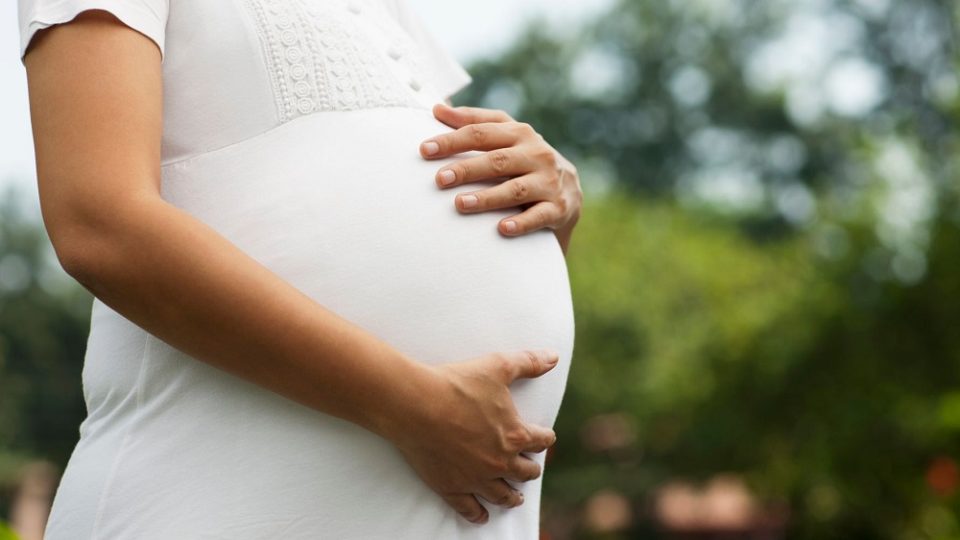While pregnancy is certain to cause a growing waistline, a woman’s body goes through many changes and transformations during the nine months of pregnancy.
Some of these changes may be physical and noticeable like weight gain or stretch marks, while other changes, such as your cervix thickening go undetected by the human eye.
Keep reading to discover some of the ways a pregnant woman’s body changes during those nine months.
Changes To The Spine During Pregnancy
The added weight of a growing baby causes significant changes to the spine and musculoskeletal system during pregnancy.
As the baby continues to grow, the mother’s organs and centre of gravity will shift, which may cause discomfort and pain in the lower spine, pelvis and sacrum.
The growing baby may also lead the mother to experience a more pronounced lordotic curve (inward curve of the spine), biomechanical stress, imbalances and other postural issues.
A prenatal chiropractor may be able to address pelvic issues and spinal misalignment issues using low force chiropractic techniques.
Hormone Changes During Pregnancy
Hormone changes during pregnancy are responsible for the heightened emotions many women experience.
As the endocrine system releases hormones pregnant women can experience shifts in their mood, greater highs, lower lows and changes in their energy levels.
It is estimated around 15 percent of women in Australia will experience depression or anxiety during pregnancy.
Constipation AndHemorrhoids During Pregnancy
It is common for women to experience constipation and painful bowel movements during pregnancy. This tends to occur because pregnancy hormones slow down the digestion process, which means it takes longer for the food to pass through the gastrointestinal tract.
As you enter the second and third trimester, the uterus may also push against the large intestines which may exacerbate your constipation issues. As a result of constipation, some women may suffer from hemorrhoids during their pregnancy.
Heartburn And Indigestion During Pregnancy
As a result of the bowel muscles relaxing and changes in the digestion tract, food stays in the body for longer during pregnancy. This, along with the pregnancy hormones and expanding uterus, can cause many women to bloat and experience heartburn and indigestion during pregnancy.
Other Body Changes During Pregnancy
Pregnancy is a very unique experience and women may experience different changes and systems throughout different pregnancies.
Some changes, such as morning sickness, are very common, while others, such as nose bleeds and vision changes are less common.
Other transformations and symptoms pregnant women may experience include:
- Numbing or tingling in your hands and feet
- Fluid retention
- Blood volume and circulation changes
- Skin, hair and nail changes
- Sensitive teeth
- Fuller breasts
- Bleeding gums
- Sciatica
- Leg cramps
- Varicose veins
- Needing to urinate more frequently
- Fatigue
- Pregnancy anaemia.
- Overheating (Hyperthermia)
- Feeling lightheaded, dizzy or fainting
Most changes a woman experiences during pregnancy are common and normal, however, some changes could indicate a health concern. It is important to have regular prenatal appointments with your doctor to discuss these changes and talk about your prenatal care options.

